30th Annual Educational &
Research Agenda Conference
Earn up to 13 CEUs at ACCRAC 2024. CLICK HERE for approval status in your state.

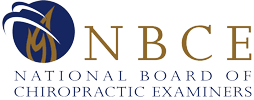

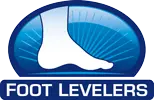


Celebrating 30 years of blending education and research, ACCRAC 2024 offers a leading forum for attendees to explore how chiropractic education and research is and will be impacted by elements of the healthcare evolution. What does this mean for students, educators, researchers, regulators, practicing doctors, patients, and society as a whole?
Expectations in healthcare delivery changed dramatically in the aftermath of COVID. The pandemic challenged the status quo and jolted the industry into an unprecedented era of change. This evolution has had ramifications for chiropractic education, research, and practice. Technology, integration, personalization, sociocultural awareness, holism, and policymaking are all affected, causing us to think hard about how, where, when, and why patients seek and get access to health care.
Top trends will be investigated, including competency-based training, technology and education, artificial intelligence, remote and retail healthcare, remote patient monitoring, wearable medical devices, diversity, equity, inclusion and access, personalized healthcare, treating the whole person, and wellness.
Join us in San Diego.
Hear from experts in educational, clinical, and basic sciences domains
Learn about new and emerging research in chiropractic
Experience high quality programming
Engage with your peers and colleagues

Thursday 21st
8:30am
8:30am to 1:30pm
Thursday 21st
8:30am
8:30am to 4:30pm
Thursday 21st
8:30am
8:30am to 5:00pm
Thursday 21st
12:00pm
12:00pm to 5:00pm
Thursday 21st
1:30pm
1:30pm to 2:30pm
Thursday 21st
2:00pm
2:00pm to 7:00pm
Thursday 21st
5:30pm
5:30pm to 7:00pm
Friday 22nd 7:00am
Friday 22nd 7:30am
7:00am to 7:30am
Friday 22nd 7:30am
7:30am to 8:30am
Friday 22nd 8:30am
Pacific Jewel Ballroom
8:30am to 9:00am
David Wickes, DC
ACC Chair; President, Canadian Memorial Chiropractic College
Rob Scott, DC, PhD
ACCRAC 2024 Chair; President, Life University
Friday 22nd 9:00am
pacific Jewel Ballroom
9:00am to 10:00am
Ellen E. Lee, MD
Associate Professor of Psychiatry, University of San Diego and Staff Psychiatrist, VA San Diego Healthcare System
Friday 22nd 10:00am
10:00am to 10:30am
Friday 22nd 10:30am
10:30am to 12:00pm
Mark Fillery, DC CMCC
10:30am to 12:00pm
Jan Friis, JD, Senior Vice President for Government Affairs, Council for Higher Education Accreditation (CHEA)
10:30am to 12:00pm
Anthony Lisi, DC; Matthew Kowalski, DC; Anne Marie Munson, MA
CORAL 5
10:30am to 12:00pm
William Meeker, DC, MPH; Kavitha Reddy, MD
Friday 22nd 12:00pm
12:00pm to 1:30pm
Friday 22nd 1:30pm
1:30pm to 3:30pm
Moderators:
Stuart Kinsinger, Brett Guist
1:30pm to 3:30pm
1:30pm to 3:30pm
Moderators:
Martha Kaeser, Jonathan Egan
Friday 22nd 3:30pm
3:30pm to 4:00pm
Friday 22nd 4:00pm
4:00pm to 6:00pm
Moderators:
John Mrozek, Beth Heim
4:00pm to 6:00pm
4:00pm to 6:00pm
Moderators:
Krista Ward, Anne Venderley
Friday 22nd 6:00pm
6:00pm to 7:30pm
Friday 22nd 7:30pm
Saturday 23rd
7:00am
7:00am to 5:00pm
Saturday 23rd
7:00am
7:00am to 7:45am
Saturday 23rd
7:45am
7:45am to 8:00am
Saturday 23rd 8:00am
pacific Jewel Ballroom
8:00am to 9:00am
David Acosta, MD
Chief Diversity & Inclusion Officer, AAMC
Saturday 23rd 8:30am
pacific Jewel Ballroom
9:00am to 10:00am
Michele Maiers, DC, Phd
Ryan Burdick, DC
Saturday 23rd 10:00am
10:00am to 10:30am
Saturday 23rd 10:30am
Michele Maiers, DC, PhD; Ryan Burdick, DC
Cynthia Long, PhD, PStat Jacob McCarey, MS
Daniel Lord, DC, Crossover Health, Ian Paskowski, DC, Beth Israel Deaconess Plymouth, David Vincent, DC, UH Connor Whole Health
Saturday 23rd 12:00pm
12:00pm to 1:30pm
Saturday 23rd 1:30pm
1:30pm to 3:30pm
Moderators:
Celia Maguire, Hiwot Melka
1:30pm to 3:30pm
Moderators:
Ilija Arar, Bart Green
1:30pm to 3:30pm
Moderators:
Brittney Walters, Weston Holzinger, Claire Johnson
Saturday 23rd 3:30pm
3:30pm to 4:00pm
Saturday 23rd 4:00pm
pacific Jewel Ballroom
4:00pm to 5:00pm
Scott Haldeman, DC, MD, PhD
Saturday 23rd 6:00pm
6:00pm to 9:00pm
Saturday 23rd 9:00pm
All pricing in USD.
$269
$319
$369

Hear from ACC leaders who will address important issues, challenges and opportunities that impact chiropractic education, the future of learning, and the profession at large.
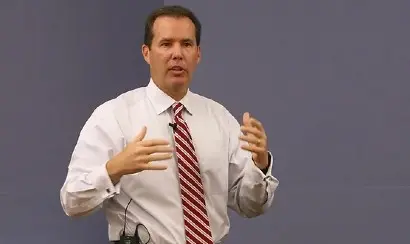
Explore the importance of rethinking what we know and why it’s crucial for personal growth and long-term organizational success.

Learn inclusive leadership skills that impact relationships, mitigate groupthink, and foster inclusion and belonging in the workplace and the classroom.
We have secured a line up of engaging speakers for ACCRAC 2024
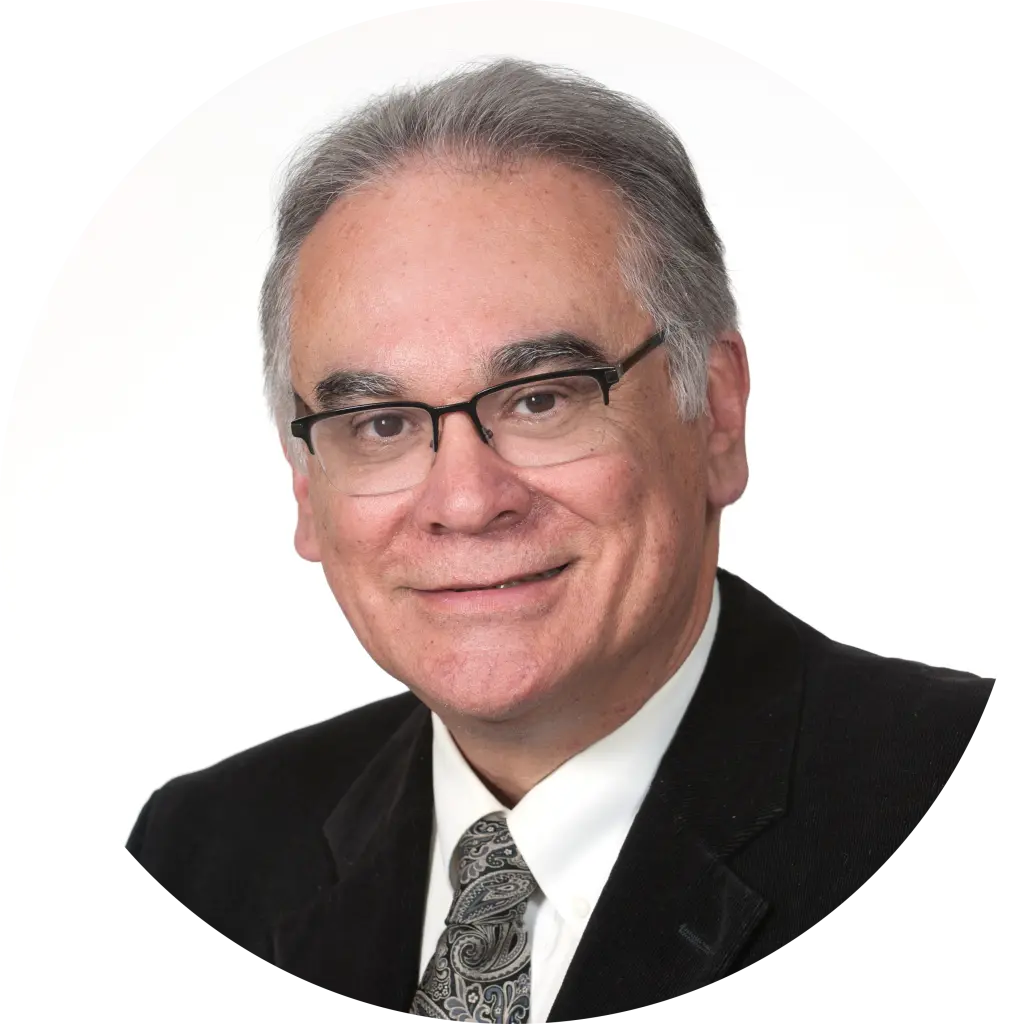
Chief Diversity & Inclusion Officer, AAMC











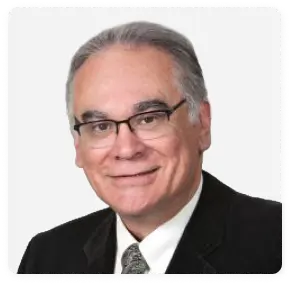
Chief Diversity & Inclusion
Officer, AAMC
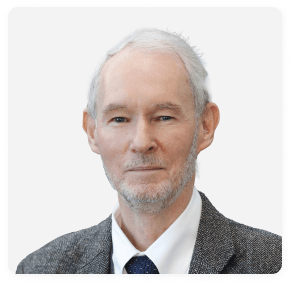
Director Life Sciences
Laboratories, CMCC
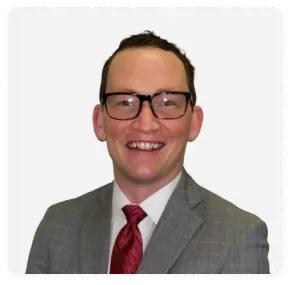
Policy Consultant, NWHSU
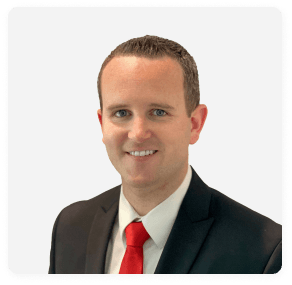
Assistant Professor of
Emergency Medicine,
Biomedical Informatics and
Data Science, Yale School of
Medicine

Manager ORA, Canadian
Memorial Chiropractic
College (CMCC)
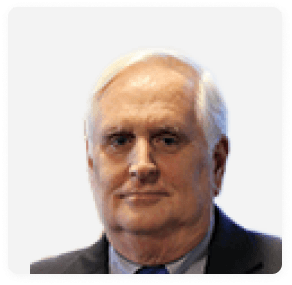
SVP Government Affairs,
Council for Higher
Education Accreditation
(CHEA)
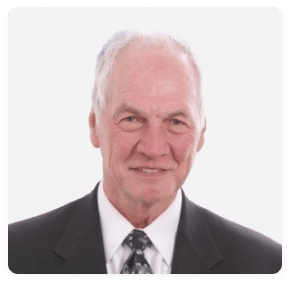
Founder and President of
World Spine Care and
Chair of the Global
Spine Care Initiative

Associate Clinical Director
Osher Clinical Center,
Brigham and Women’s
Hospital; Co-chair
Chiropractic Research
Fellowship, Osher Center for
Integrative Health, Harvard
Medical School
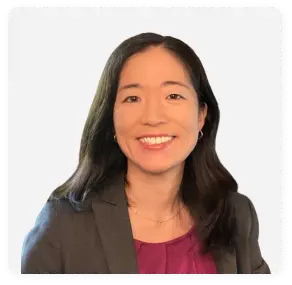
Associate Professor of
Psychiatry, University of San
Diego and Staff Psychiatrist,
VA San Diego Healthcare
System
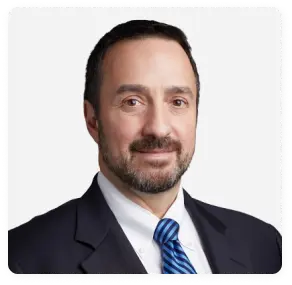
Chiropractic Program Director,
Veterans Health
Administration; Assistant
Professor Yale School of
Medicine, Section of
Biomedical Informatics and
Data Science
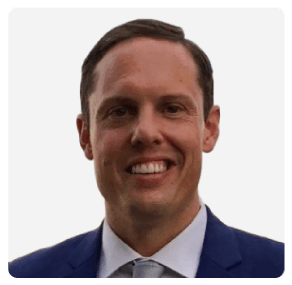
Regional Medical Director,
Crossover Health
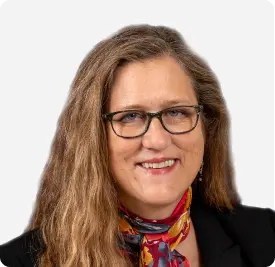
Professor and Dean of
Research, Palmer College of
Chiropractic; Director of the
Office of Data Management &
Biostatistics, Palmer Center for
Chiropractic Research

Biostatistician, Office of Data
Management & Biostatistics,
Palmer Center for Chiropractic
Research (PCCR)

Professor and Executive
Director of Research and
Innovation, Northwestern
Health Sciences University

A/Executive Director,
Academy of Integrative
Health and Medicine (AIHM)

Executive Director,
Association of
Chiropractic Colleges
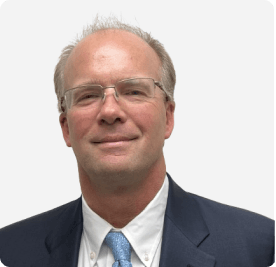
Medical Director, SpineCare
and Neurosurgery Program,
Beth Israel Deaconess
Hospital

Principal Scientist, University
of California Davis, School of
Medicine and Center for
Healthcare Policy and
Research (CHPR)

Associate Director Employee
Whole Health, VHA Office of
Patient-Centered Care and
Cultural Transformation
(OPCC & CT)
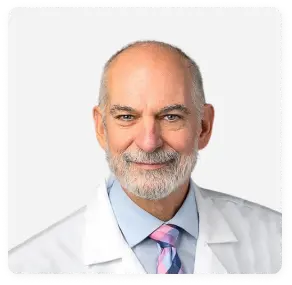
Director of Chiropractic
Medicine and Director of
Operations at University
Hospital's Connor Whole
Health
Hotel taxes and resort fees are additional.
The hotel has spectacular views of the marina or downtown skyline and is centrally located in the heart of the harbor, just minutes from San Diego Airport with a free shuttle. Enjoy being near downtown, Gaslamp Quarter, San Diego Zoo, and Petco Park, for a fun time in the city. Stop by Quinn’s Alehouse for a refreshing brew or enjoy dining al fresco at Shoreline Cantina. Enjoy a sprawling outdoor pool complex, with ample opportunities to soak in the San Diego sun or large fitness center.
Thank You to our Sponsors!
The National Board of Chiropractic Examiners (NBCE), including the International Board of Chiropractic Examiners (IBCE), is the international testing agency for the chiropractic profession.
The NBCE develops, administers and scores standardized exams that assess knowledge, higher-level cognitive abilities and problem-solving in various basic science and clinical science subjects.
At Standard Process, we go to great lengths to fulfil our mission of changing lives – from cultivating nutrient-dense soil on our certified organic farm to formulating new products at our Nutrition Innovation Center. Our unwavering focus on quality and testing allows us to manage the purity, safety, and consistency of our supplements.
We stand by our quality by ensuring what goes into our products every step of the way with our vertically integrated processes. We then work with our practitioners to ensure the best outcomes for their patients.
NCMIC was founded in 1946 by chiropractors who weren’t satisfied with their insurance options. We’ve never strayed far from that spirit, always striving to do the right thing for our customers and our community at every opportunity, even when it means paving the way.
Whether it’s malpractice insurance, business insurance, credit card processing, equipment loans, or financial and insurance products, we provide customers with the thoughtful solutions they need to grow their businesses.
The Journal of Manipulative and Physiological Therapeutics (JMPT) is an international and interdisciplinary journal dedicated to the advancement of conservative health care principles and practices.
The Journal publishes original primary research and review articles of the highest quality in relevant topic areas. The JMPT addresses practitioners’ and researchers’ needs by adding to their clinical and basic science knowledge and by informing them about relevant issues that influence health care practices.
Earn up to 13 CEUs at ACCRAC 2024. CLICK HERE for approval status in your state.
Join our newsletter to stay up to date on events and research.
Attendees must register online using a credit card as payment for conference fees. Your registration is complete when payment is received in full. If you are employed by an ACC member institution, you may register at the member rate. To ensure your name appears correctly on your badge, ACC must receive your registration no later than five (5) business days prior to the start date of the conference. You may still register onsite.
Once your conference payment has been processed you will immediately receive an email confirmation receipt from Eventbrite. If you have not received an electronic receipt, please contact [email protected].
Registration cancellation and refund requests must be submitted by email to [email protected] by February 9, 2025, to be eligible for a refund and are subject to a $50 cancellation fee. Requests received after this date are not eligible for a refund. Allow up to six (6) weeks after the close of the conference for refunds to be processed and issued.
Attendees must be registered for ACCRAC to participate in conference activities. Registrants must wear conference credentials (i.e., badges) at all times to ensure admission to conference activities and designated areas.
ACC reserves the right to modify the program based on space, speaker schedule or other circumstances. The latest schedule and information are available on ACC’s website www.chirocolleges.org.
ACC negotiates a special hotel rate for conference attendees; housing is not included in your conference registration fees. You are responsible for making your own hotel reservation.
The deadline is generally three weeks prior to the start of the conference to make your reservations at the special ACC conference rate. Please check the conference website for specific hotel information and make your reservations promptly to ensure room availability at the discounted rate.
Occasionally, room blocks fill before the hotel deadline, although the hotel may have additional rooms at a higher rate. If the conference headquarters hotel is completely sold out, please plan for alternative lodging.
ACC is committed to making the conference accessible to all individuals. Participants with special physical needs or food restrictions should email [email protected] by February 10, 2025. Contact the hotel directly with any special hotel room accommodations/requests.
During registration, you may opt-in to receive e-mail notifications about future ACC events and other services. To unsubscribe from email communications, click the “unsubscribe” link at the bottom of the email.
Photographs and video may be taken at this event by ACC staff members for use on ACC’s website, marketing materials and other association publications. By registering for this event, you consent to ACC staff members photographing, filming, and using your image. Content of the scientific presentations will not be photographed or recorded.
Attendees are strictly prohibited from carrying firearms, knives, and other weapons that could be used to cause injury to others, whether concealed or displayed, at the event venue and related activities. ACC reserves the right, in its sole discretion, without refund, to eject attendees who violate this policy from and participation at future ACC conferences, events, and programs my be barred and/or restricted. Attendees must comply with this policy, regardless of any signage located at the event venue or any weapons permit they may hold.
ACCRAC is intended to be a safe, respectful, and welcoming environment for all participants, regardless of race, gender, gender identity and expression, age, sexual orientation, disability, physical appearance, national origin, ethnicity, political affiliation, or religion. Harassment in any form will not be tolerated. Immediate compliance of this policy of participants who are asked to stop harassing behavior is expected. ACC reserves the right at its sole discretion to remove any participant who violates this policy without a refund and may be banned from future ACC events.
Offensive comments, verbal threats or demands, sexualized images in public spaces, intimidation, stalking, harassing photography or recording, disruption of sessions or events, and unwelcome physical contact or sexual attention are examples of harassment which can also include intentional, or unintentional unwanted or negative messages based solely on appearance.
ACCRAC is generally business/business casual dress.

ACC leaders representing a broad range of programs will provide well-informed insights on critical trends facing chiropractic education. Attendees will hear thought leaders discuss curriculum transformation, community- vs. campus-based education, interprofessional education, and return on investment for chiropractic graduates. This is a session applicable to anyone in chiropractic education and not to be missed!
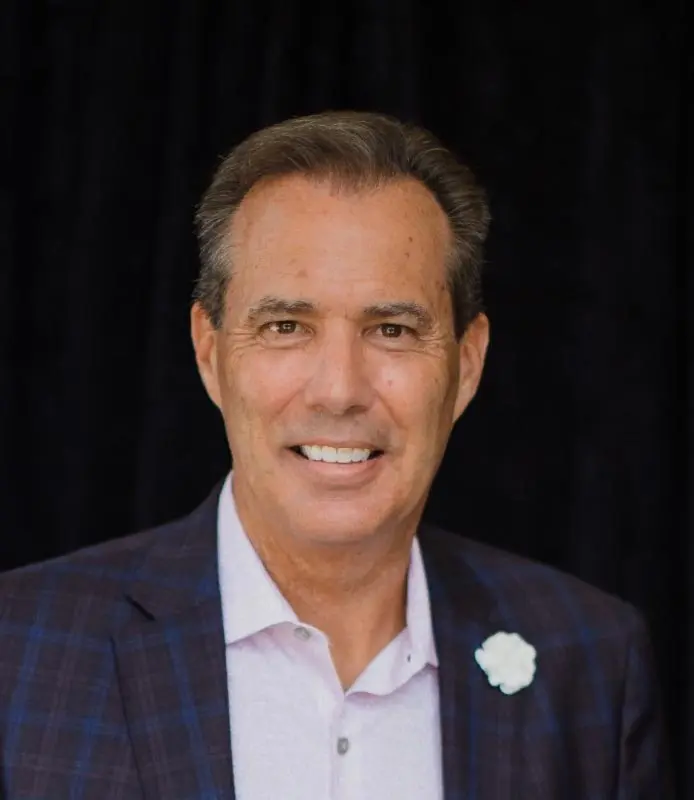
In today’s fast-paced world, it’s easy to become comfortable with what we know and stick to our preconceived ideas. But the reality is that the world is evolving at a historical rate, and it is critical for us to keep an open mind and challenge our beliefs. This keynote will explore the importance of rethinking what we know and why it’s crucial for personal growth and long-term organizational success.
You will learn how embracing curiosity and questioning your assumptions can lead to new perspectives and breakthroughs in your thinking. You will hear inspiring stories of individuals who challenged their beliefs and embraced change, leading to remarkable results. Chick will provide practical strategies for incorporating a growth mindset and embracing lifelong learning, while also addressing the common challenges and fears that come with change.
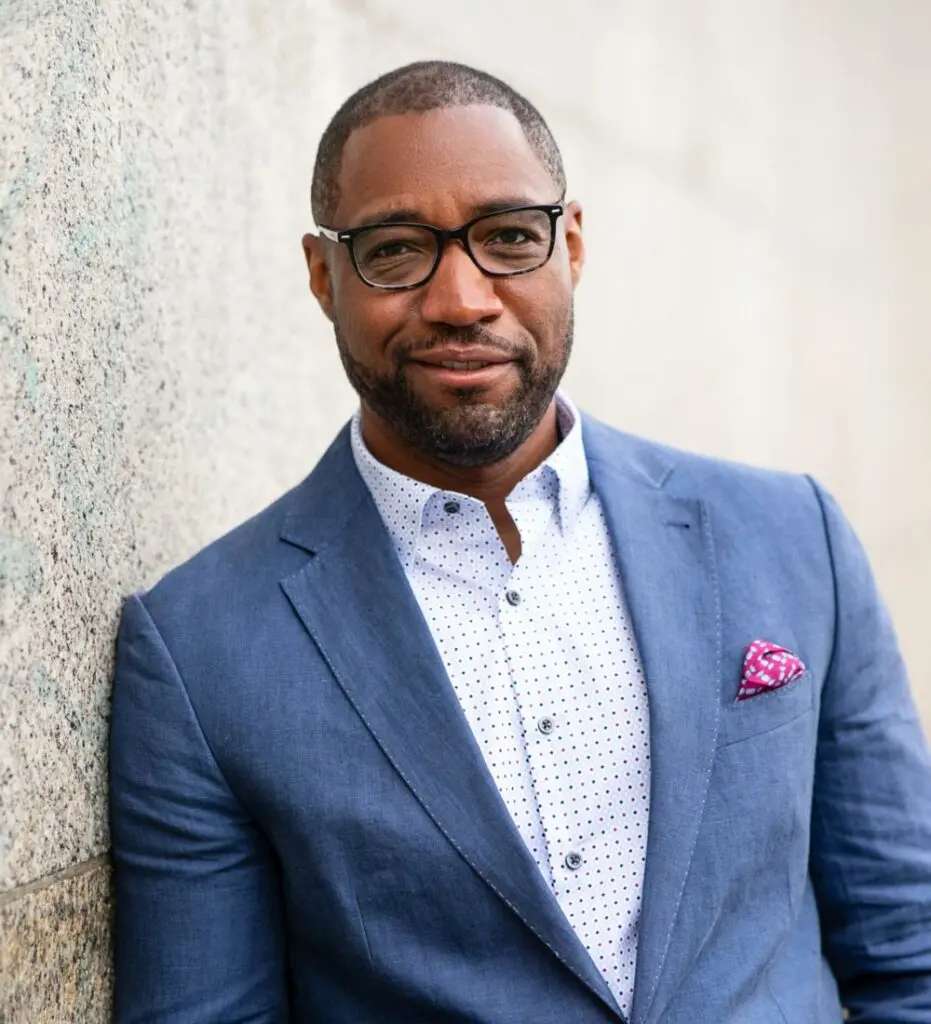
Christopher “CJ” Gross is a TEDx Speaker and founder of Ascension Worldwide, a firm dedicated to Diversity, Equity, and Inclusivity training and consulting based in the Washington, D.C. area. CJ has 20-years of experience as an international organizational development consultant specializing in leadership development and Diversity and Inclusion. CJ is a certified Social + Emotional Intelligence coach, trainer, Keirsey Temperament professional, Intercultural Development Inventory (IDI) Administrator, and executive coach, with additional expertise in organizational mediation.
He also serves as a Diversity, Equity, and Inclusion Master Faculty for the University of Maryland, Baltimore County, Center for Innovation and Business Management, Adjunct Faculty for the Community College of Baltimore County. CJ possesses the unique ability to uncover and resolve social issues that hinder employee performance and efficiency. CJ started his career as a mechanical designer at General Electric (GE) where he learned to layout mechanical designs and run calculations. At GE, he learned how effective companies run and the importance of employee relationships to a company’s success.
After receiving multiple corrective preventive idea awards for employee development, CJ merged his engineering skills with his innate understanding of people, offering professional coaching and staff development to companies in need of improved performance and effectiveness. CJ cultivated his Diversity and Inclusion acumen through an intense training and coaching program from Cook Ross, an internationally known Diversity and Inclusion consulting firm. The program included key concepts from Daniel Kahneman’s book, Thinking Fast and Thinking Slow, brain science theory, and life-changing deep-dive identity coaching.
In addition, CJ has worked with domestic and international leaders from Fortune 500 companies, nonprofits, and government agencies on their Diversity and Inclusion strategies and initiatives. This training and experience enabled CJ to help clients explore impactful strategies for identity, diversity, inclusion, equity, and access from a unique vantage point.
CJ holds a B. A. degree in Organizational Management from Ashford University through the Forbes Entrepreneurship Scholarship and an M.A. degree in Strategic Leadership from St. Bonaventure University. CJ has consulted with leaders of domestic, and international companies including the United States Postal Service, Toyota, Turner Construction Company, Ford’s Theater, Oracle, Arent Fox D.C., the Washington Post, D.C. Child, and Family Services, Morgan Stanley, Loyola University, Howard University: School of Social Work, Maryland Association of Community Service, Primerica, Delta Sigma Theta Sorority, Inc., Maryland-National Capital Parks, and Planning Commission, Maryland Department of Juvenile Services, the District of Columbia-Metropolitan Police Department, Penn State and others.
CJ has been featured in the Washington Post, the Washington Informer Newspaper, East of the River Newspaper, Diamonds Xcel Magazine, the Baltimore Examiner, and on the Tom Joyner Show, the Audrey Chapman Show, DCTV Cable, WPGC 95.5 FM, WOL 1450 AM, WUSA 9, WBAL-TV, and FOX45.
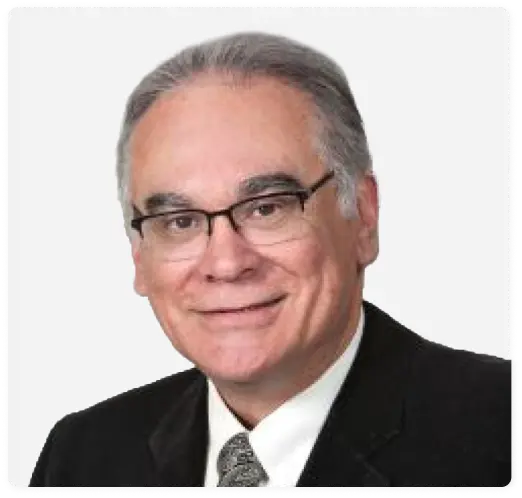
As Chief Diversity and Inclusion Officer, David A. Acosta, MD, provides strategic vision and leadership for the AAMC’s DEI activities across the medical education community.
A board-certified physician of family medicine, Dr. Acosta joined the AAMC from the University of California (UC), Davis School of Medicine where he served as Senior Associate Dean for Equity, Diversity, and Inclusion and Associate Vice Chancellor for Diversity and Inclusion and Chief Diversity Officer for UC Davis Health System.
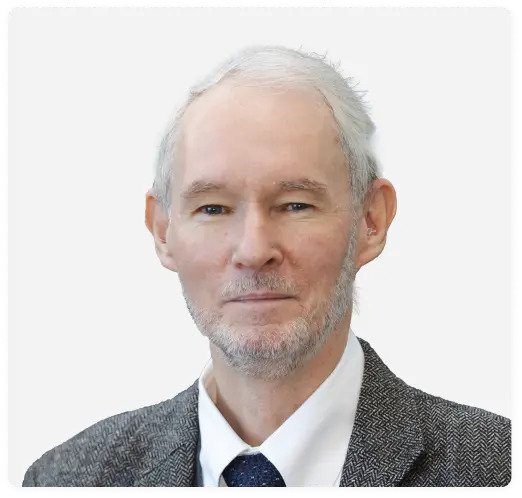
Brian Budgell, DC, is the Director of the Life Sciences Laboratories at Canadian Memorial Chiropractic College (CMCC). Dr. Budgell’s research career began examining the neurobiological basis of somato-autonomic interactions. More recently, he has come to focus on linguistic and social network analyses as they apply to the biomedical sphere. He is also a director of Global Peace Network, an NGO bringing training in physical rehabilitation to health care workers in low- and middle-income countries in Africa and southeast Asia.
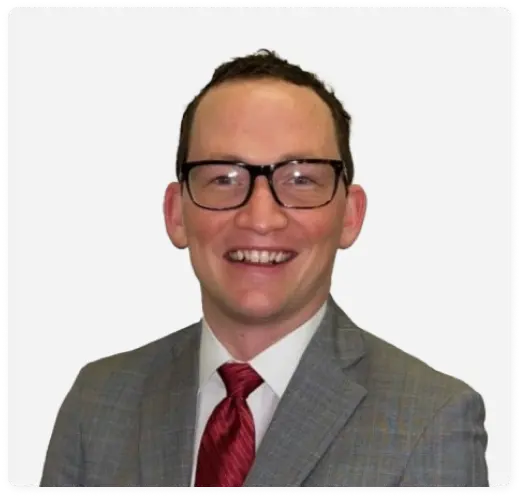
Ryan Burdick, DC, served as a Policy Consultant at NWHSU and co-author at RAND Corporation on recommendations for the opioid settlement fund.
Previously, Dr. Burdick worked within health policy in legislative offices at various levels of government, including Maryland’s Office of Health Care Financing. He completed a postdoctoral fellowship at Yale University, School of Medicine, focused on the application of data to drive policy for the treatment of musculoskeletal pain disorders.
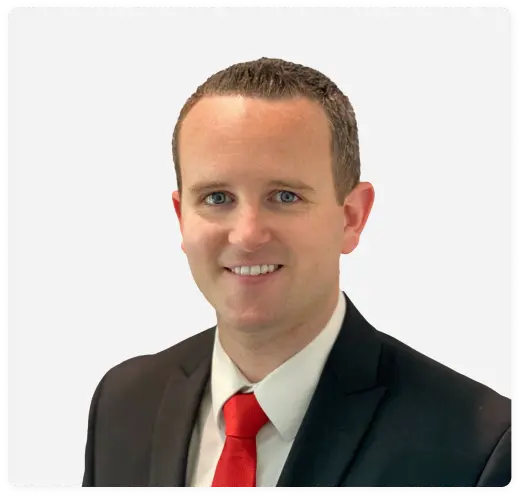
Brian Coleman, DC, is an Assistant Professor of Emergency Medicine and Biomedical Informatics and Data Science at the Yale School of Medicine, Assistant Professor of Biostatistics (Health Informatics) at the Yale School of Public Health, and a Research Chiropractor at the VA Connecticut Healthcare System.
Dr. Coleman is a health services researcher focused on the application of informatics approaches to EHR data relevant to pain and opioid research.

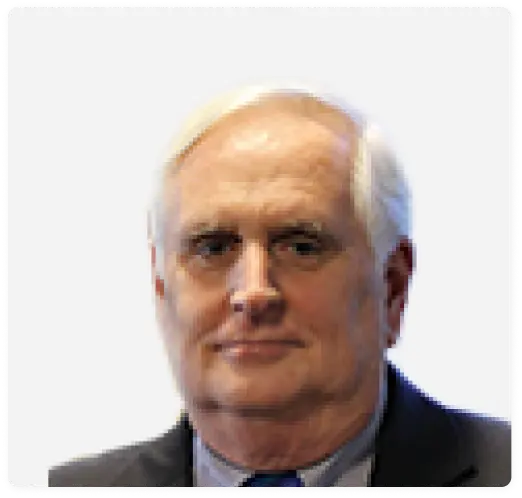
Jan Friis, SVP Government Affairs, joined the Council for Higher Education Accreditation (CHEA) in May 2006 from Final Analysis Communication Services, Inc. where he was VP of Administration and Director of Government Relations.
Mr. Friis has served as chief of staff for two former Members of Congress (Mr. Fox of Pennsylvania and Mr. Forbes of New York) and served as district administrator for a third Member, Mr. Schulze of Pennsylvania. Jan has also been in private law practice.
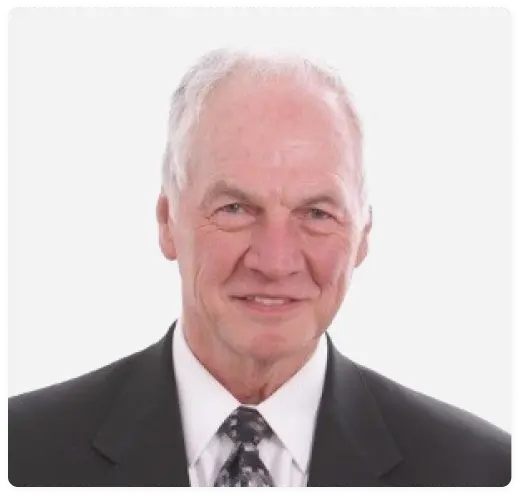
Scott Haldeman DC, MD, PhD, is Founder and President of the World Spine Care charity and Chair of the Global Spine Care Initiative.
Dr. Haldeman has published over 250 articles or book chapters and has authored or edited 8 textbooks. He has served as Past President of the North American Spine Society, the American Back Society, and the North American Academy of Manipulative Medicine. He is Chairman Emeritus of the Research Council of the World Federation of Chiropractic.

Matthew H Kowalski, DC is the Associate Clinical Director of the Osher Clinical Center at Brigham and Women’s Hospital and co-chair of the Chiropractic Research Fellowship at the Osher Center for Integrative Health at Harvard Medical School.
Dr. Kowalski is an Instructor in Medicine at Harvard Medical School.
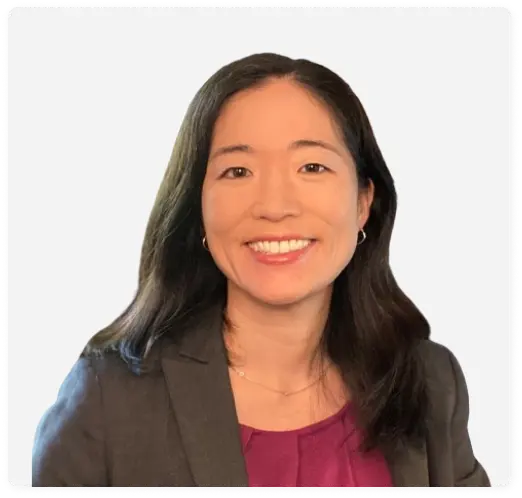
Ellen E. Lee, MD is Associate Professor and Division Chief of Geriatric Psychiatry at the University of California San Diego and Staff Psychiatrist at the VA San Diego Healthcare System.
She is Board-certified in Psychiatry and Geriatric Psychiatry. Dr. Lee’s research focuses on biological and psychosocial aging in persons with serious mental illnesses and non-psychiatric populations. Her research is funded by the National Institute of Mental Health, the Brain & Behavior Research Foundation, and Desert-Pacific Mental Illness Research, Education and Clinical Center.
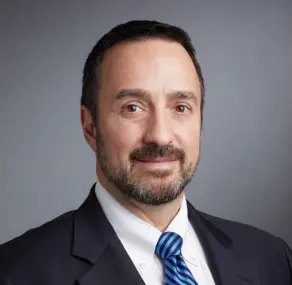
Anthony Lisi, DC is the Chiropractic Program Director for the Veterans Health Administration, and an Assistant Professor at the Yale School of Medicine, Section of Biomedical Informatics and Data Science.
Dr. Lisi has authored over 70 peer-reviewed papers on topics including low back pain management, spinal manipulation, interprofessional education, and chiropractic services.

Dr. Lord serves as the Regional Medical Director at Crossover Health overseeing employer-funded primary care clinics across 5 states and 200 providers. Before his current role, Dr. Lord managed Crossover’s musculoskeletal (MSK) program including service design, outcomes measurement, performance management, and integrating physical therapy, chiropractic, acupuncture, and fitness services within Crossover’s primary care setting.
In 2019, Dr. Lord was the keynote speaker at FOTO’s (Focus on Therapeutic Outcomes) National Outcomes Summit where he presented original research on integrated MSK clinical and economic outcomes.
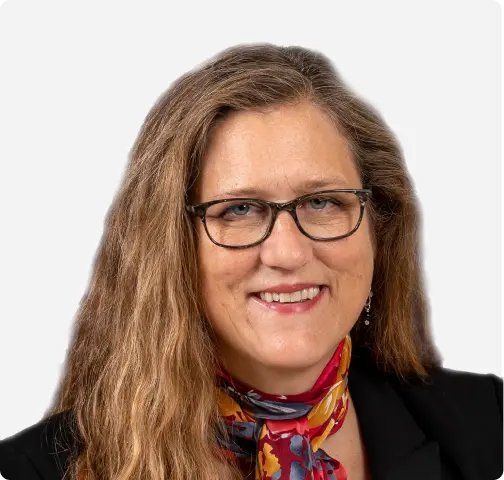
Cynthia R. Long is Professor and Dean of Research at Palmer College of Chiropractic and Director of the Office of Data Management & Biostatistics at the Palmer Center for Chiropractic Research.
Dr. Long holds an M.S. degree in statistics, a Ph.D. in biostatistics, and is an accredited professional statistician. She has taught biostatistics courses for primarily health professionals since 1985 and mentored students and research fellows in study design, data analysis, biostatistics and professional development.

Jacob McCarey, MS, is a biostatistician in the Office of Data Management & Biostatistics at the Palmer Center for Chiropractic Research (PCCR). He joined the PCCR within the past year, after graduating from the University of Central Florida with a master’s degree in Statistics and Data Science.
Mr. McCarey collaborates with research investigators and is responsible for performing statistical analysis on multiple internally and externally funded chiropractic research projects.

Michele Maiers, DC, MPH, PhD is Professor and Executive Director of Research and Innovation at Northwestern Health Sciences University. In this role, Dr. Maiers conducts and leverages high quality research to inform healthcare policy and innovation initiatives on local, regional, and national levels.
She also serves as Co-Director of the RAND Center for Collaborative Research in Complementary and Integrative Health, where she facilitates research activity both within and across partnering institutions.

William Meeker, DC, MPH, is acting executive director of the Academy of Integrative Health and Medicine (AIHM), a multidisciplinary organization committed to advancing integrative Whole Health care and interprofessional education and served as chair of the board previously.
Dr. Meeker retired as President of Palmer College of Chiropractic West in 2021 after a 40+ year-long career as a scientist, administrator. He was active in the American Public Health Association and received its Distinguished Service Award. Dr. Meeker has authored or co-authored over 50 peer-reviewed papers. He served as Vice Chair of ACC, and currently sits on the Board of World Spine Care and the Foundation for Chiropractic Progress.

Anne Marie Munson, MA is Executive Director of the Association of Chiropractic Colleges in Arlington Virginia.
Ms. Munson oversees the organization’s operation, carrying out its mission according to the strategic direction of the board of directors. She is an adjunct instructor at George Mason University in Fairfax, Virginia.
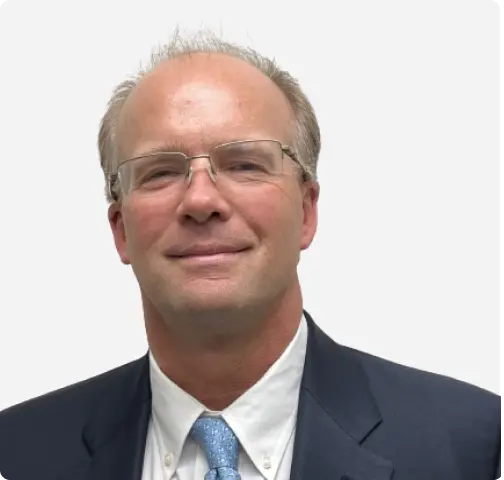
Dr. Ian Paskowski has served as Medical Director, SpineCare and Neurosurgery Program at Beth Israel Deaconess Hospital – Plymouth, MA since 2008. BID-SpineCare and Neurosurgery is an integrated group of providers serving community physicians and their patients focused on maintaining patient centered healthcare for those suffering spine related complaints.
Dr. Paskowski currently serves on the Hospital Physician Group Advisory Board and completed a 10-year term as Co-Director of Hospital CME and a 2-year term on the Hospital Board of Directors.

Dr. Monika Ray is principal scientist at the University of California Davis, School of Medicine and Center for Healthcare Policy and Research (CHPR). Her expertise is in robotics and interest is in designing robust predictive models.
Dr. Ray teaches datamining and advanced analytical methods to graduate students at UC Davis and leads the research and development tasks for hospital risk adjustment models for CMS and AHRQ.

Dr. Kavitha Reddy is Associate Director of Employee Whole Health in the VHA Office of Patient-Centered Care and Cultural Transformation (OPCC & CT). She is an Emergency Medicine and Integrative Medicine physician at VA St. Louis Healthcare System in Missouri and an Assistant Professor in Emergency Medicine at the Washington University School of Medicine.
Dr. Reddy served for 3 years as the Whole Health System Clinical Director for the VA St. Louis Healthcare System and 10 years as a National Whole Health Champion for VHA OPCC & CT. She is a Member-At-Large on the Board of Directors for the Academic Consortium of Integrative Medicine and Health.
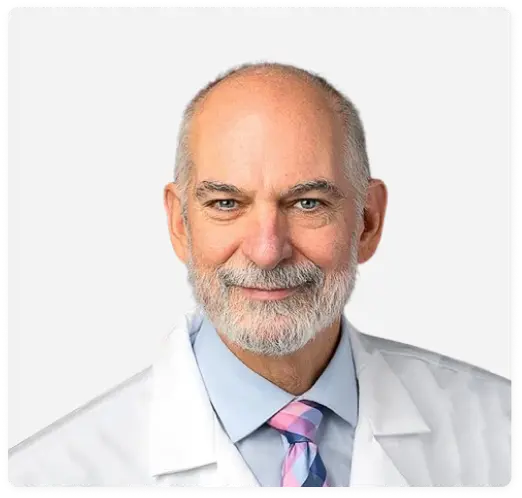
Dr. David Vincent, a graduate of Logan University, is the Buoncore Family Endowed Director of Chiropractic Medicine and Director of Operations at University Hospitals Connor Whole Health in Cleveland, Ohio. He has a faculty appointment at Case Western Reserve University School of Medicine.
Dr. Vincent was past Director of Chiropractic and Complimentary Medicine at Kaiser Permanente and the past Director of Contracting for the Dartmouth Hitchcock Alliance Hospitals. He the current chair of the Policy Committee for the Academic Consortium of Integrative Medicine and Health.
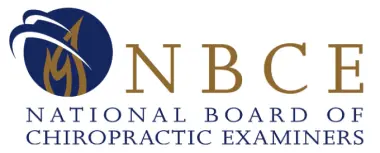
Lorem ipsum dolor sit amet, consectetuer adipiscing elit. Aenean commodo ligula eget dolor. Aenean massa. Cum sociis natoque penatibus et magnis dis parturient montes, nascetur ridiculus mus. Donec quam felis, ultricies nec, pellentesque eu, pretium quis, sem. Nulla consequat massa quis enim.
Donec pede justo, fringilla vel, aliquet nec, vulputate eget, arcu. In enim justo, rhoncus ut, imperdiet a, venenatis vitae, justo. Nullam dictum felis eu pede mollis pretium. Integer tincidunt. Cras dapibus. Vivamus elementum semper nisi. Aenean vulputate eleifend tellus. Aenean leo ligula, porttitor eu, consequat vitae, eleifend ac, enim.
Spinal manipulation effect on standing balance on a force plate of individuals with neck and low back pain
Igor Himelfarb, Nai-En Tang, Bruce L. Shotts